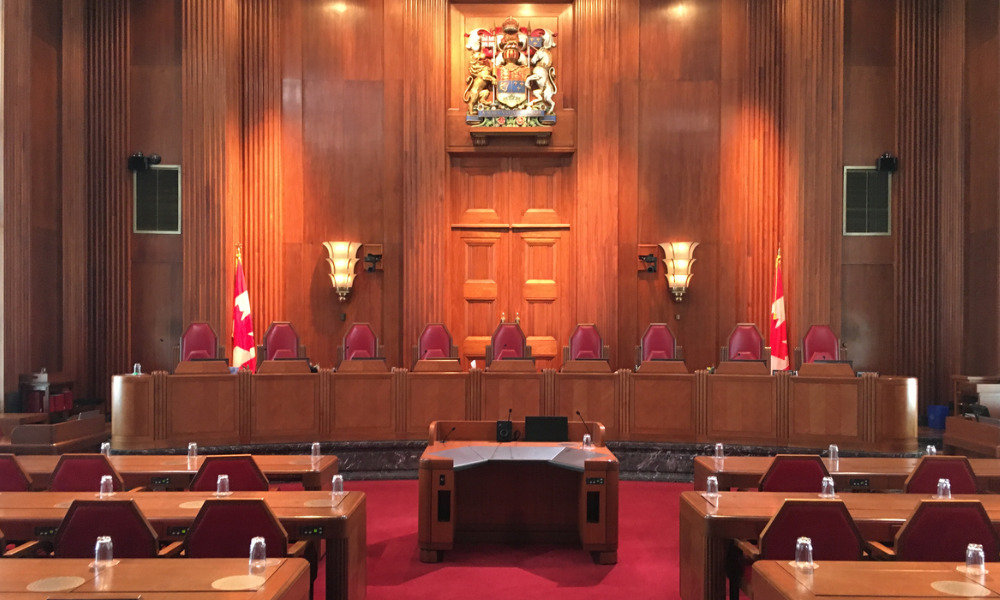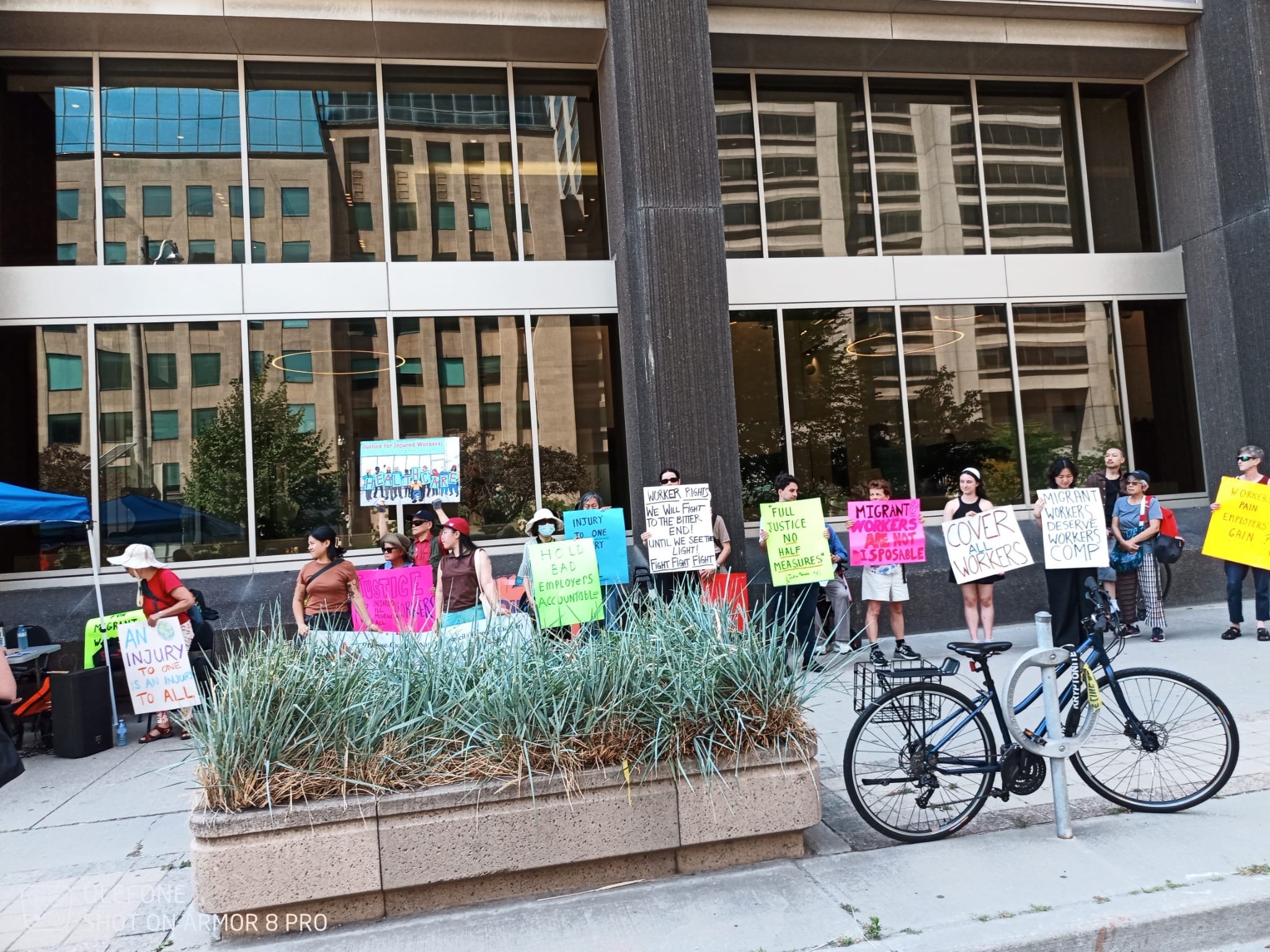Richply's fine reduced from $547K to $95K following successful appeal

Richmond Plywood Corporation Limited, also known as Richply, has successfully appealed a hefty penalty imposed by WorkSafeBC. This case sheds light on the importance of considering the facts as they were known at the time and highlights the shared responsibility for workplace safety between employers and workers.
Richply made headlines in 2021 when it was fined $547,000 by WorkSafeBC following an incident that left a worker injured. The worker’s hand was caught in a plywood press while carrying out his duties. WorkSafeBC deemed the violations as high-risk and noted that this was a repeated offense, resulting in the unusually high penalty.
Richply, represented by lawyers Graeme Hooper and Nancy Harwood, decided to appeal the decision. Hooper, who led the defense, says it’s important to look at the situation through the lens of what was known at the time. He says, "we all tend to look at incidents with the benefit of hindsight. But we must remember that is not what the law calls on us to do."
The Tribunal's decision and shared responsibility
While WorkSafeBC's Review Division initially upheld the entire penalty, the Workers' Compensation Appeal Tribunal ultimately found the penalty to be excessive.
In the decision, which was provided to Canadian Occupational Safety, the vice chair of the Tribunal states, “as the employer points out, this was not one bad decision or one instance of bad luck. Rather, the worker’s conduct reflects a series of poor choices.”
An essential aspect of the appeal was the worker's conduct during the incident. The Tribunal considered the worker had disregarded his training and bypassed safety measures, which led the Tribunal to apply a further 30% reduction.
The Vice Chair held the misconduct was sufficient to warrant the largest possible reduction for Richply, explaining “I consider that the worker’s misconduct may be properly addressed at the stage of reducing or increasing a penalty. Here, I find that the worker’s actions entitle the employer to the largest possible reduction of 30% to the basic amount of the penalty.”
The penalty was reduced to $95,000, with the Tribunal citing the violations were not as high-risk as initially claimed, and the incident was not like previous occurrences.
Hooper stresses both employers and workers have duties to ensure their health and safety. "Just because the incident itself was serious does not make the violations high risk,” says Hooper. “We also must remember that health and safety is a shared responsibility."
Repayment by WorkSafeBC
As a result of the tribunal's decision, WorkSafeBC is now obligated to repay the overcharged amount to Richply, along with interest. "Any time an employer wins an appeal on one of these penalties, WorkSafeBC has to repay the overcharged amount with interest,” explains Hooper. “With interest rates where they are, that can be a substantial amount of money on these larger fines."
The Richply case serves as a reminder of the complexities involved in workplace safety penalties and appeals. It underscores the importance of considering the facts known at the time of the incident, and it highlights the shared responsibility between employers and workers in ensuring a safe working environment. This successful appeal has not only reduced the financial burden on the employer but also emphasized the need for fairness and objectivity in such cases.





